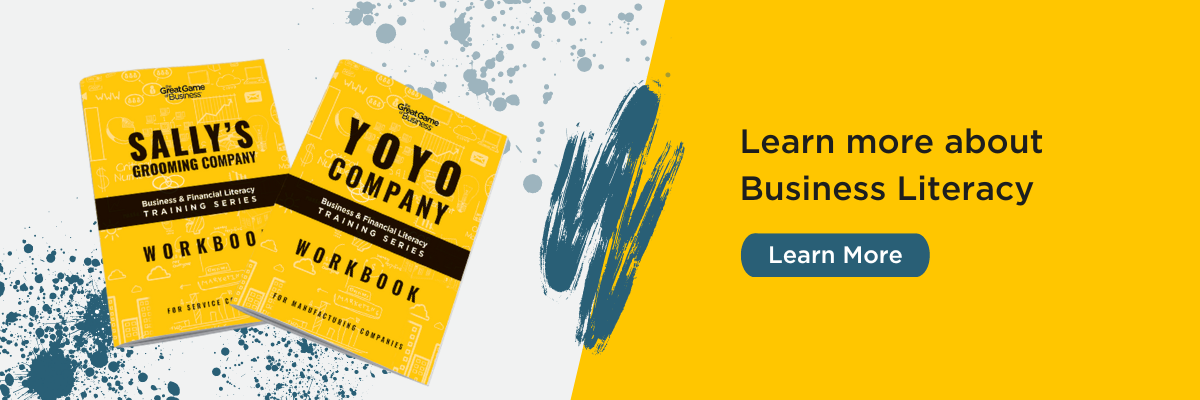
Having an ESOP at your company means that some of your company’s stock will be held in the retirement savings accounts of your employees. Is this something a business owner might live to regret?
One of the first questions raised by business owners about ESOPs is the issue of corporate control. After all, the employees have stock. Could they make trouble? Would it be inmates running the asylum?
The answer, in a word, is no.
More than 30,000 ESOPs have been established since they were first authorized by law in 1975. And none of them resulted in a mutiny. There is a simple reason for this. The employees who participate in an ESOP don’t control the voting of the stock in their retirement accounts. Stock in an ESOP is actually held for the employees in a trust. And the trust (and the stock it holds) is controlled by a trustee. The trustee may be an institution (like a bank) or a professional individual, or a group composed of company managers. But in all cases, the trustee is chosen by the company board of directors. So the board is in charge at an ESOP company, just as it is at any other corporation. The rules of corporate governance don’t change.
What employees do have when they participate in an ESOP is a financial stake in the success of the business. And that’s where good things begin. The motivational power of an ESOP is strong, and its impact profound. Done right, employees become a well-coordinated, proactive team, with all their eyes on the same prize. They want to see the firm prosper. Why? Because 1) they want to build their own wealth; and 2) they want their team to win! Well-run ESOP companies develop the feel of a sports team, where all the players know what the objective is, and what needs to be done to achieve it. It’s their team, and they want to win! And when they score, there’s a lot of enthusiasm all around.
What company leaders like best about having employees participate in stock ownership is that running the company is easier – and more fun. At ESOP companies that play the Great Game, employees understand why it’s important to keep expenses down, why they need to treat customers well, why they need to be on the lookout at all times for new sales opportunities. ESOP company leaders say that when things go well, it’s good to have more people to high-five with. And when things get rough, it helps knowing that others are motivated to work on solutions too.
The performance track record of ESOP companies is impressive. In fact, a series of rigorous academic studies have been done on this. The body of evidence shows that companies get a proven performance boost from employee participation in stock ownership. You’ll find a good summary of this research at http://www.nceo.org/articles/studies-employee-ownership-corporate-performance.
.png)








.png)




-5.png)

